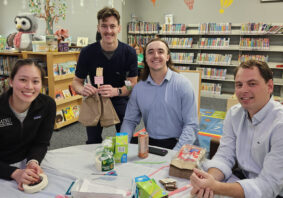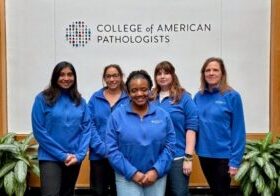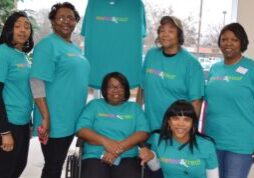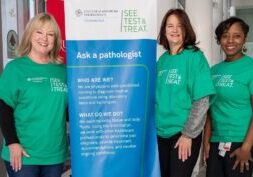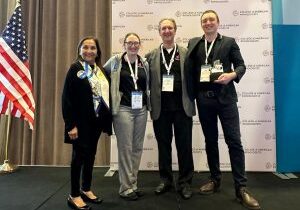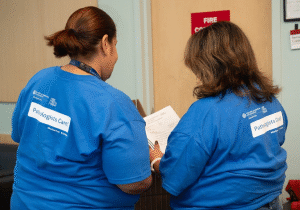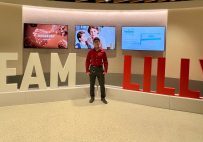One Month, One City: Three Hundred and Fifty At-risk Women Served
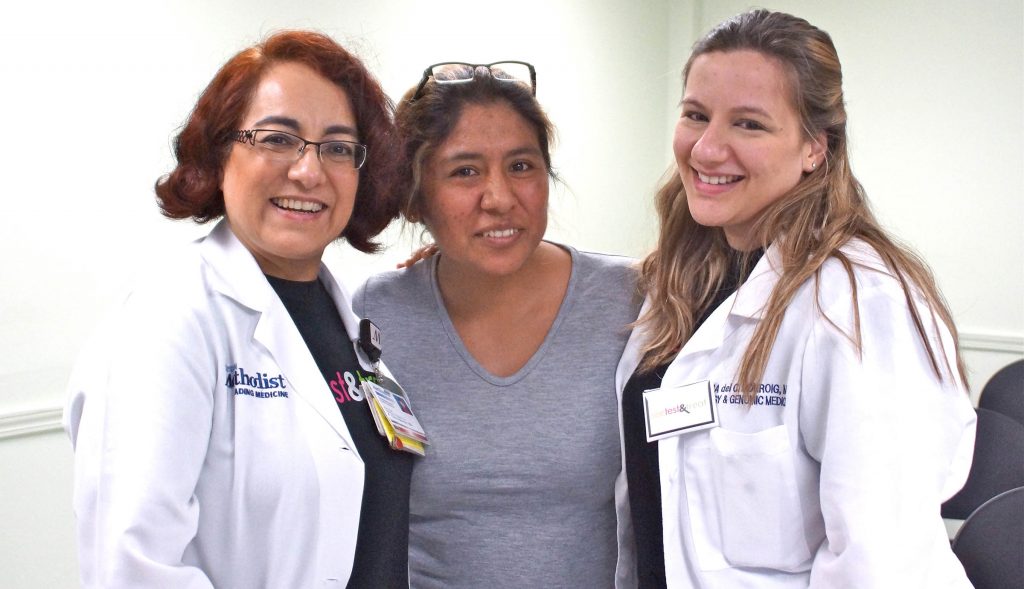
One of the largest metropolitan areas in the United States, and one of its most diverse, Houston is home to millions of women with different cultural backgrounds, financial circumstances, and levels of health insurance. The state of Texas has one of the highest uninsured rates in the country and alarming rates of cervical cancer as well.
Within Houston’s vibrant and diverse neighborhoods, barriers prevent large populations from receiving regular cervical and breast cancer screenings, often leaving dangerous diseases untreated. The results can be devastating.
The CAP Foundation is proud to reach nearly 350 Houston-area women with potentially life-saving diagnoses. We are also proud of the evidence-based model that makes it possible to get same-day results.
This October, See Test & Treat® banded together three pathologist-led teams at Houston-area health centers, each with the goal of delivering free cervical and breast cancer screenings to 100 women.
Kyle L. Eskue, MD, FCAP, was the first pathologist leader up to the challenge on October 1. He helped organize a See, Test & Treat program at Lone Star Family Health Center that targeted underserved Hispanic and Caucasian communities. With both English- and Spanish-language resources, nearly 100 women heard about the program, received crucial screenings, and participated in health and wellness education.
Dr. Eskue is no rookie when it comes to leading a humanitarian team. He’s led two previous See, Test & Treat events that have reached more than 200 women.
“It’s truly a community event where entire families can come and learn about healthy living and the importance of preventative care as well as receive free testing,” Dr. Eskue said. “At our Conroe event, patients not only receive free Pap tests and mammograms, but they also have access to vision screening, flu shots, presentations from health care providers, and many more fun and educational activities.”
Next up were Donna M. Coffey, MD, FCAP, and Patricia Chevez-Barrios, MD, FCAP, a pair of determined pathologists at Houston Methodist Hospital. They worked side by side with CAP Foundation Board members, Sonia C. Robazetti, MD, and Joseph Lucci, MD, on October 8 to bring See, Test & Treat to Sunnyside Health Center, a clinic that serves a low-income neighborhood where many African American women lack health insurance.
– Paloma Monroig-Bosque, MD[/mk_blockquote]
High levels of patient care showed that the program was direly needed. Several women with abnormal Pap tests required same-day colposcopy some augmented with LEEP procedures. Along with diagnostic mammograms, clinicians provided lifesaving follow-up care for patients.
Paloma Monroig-Bosque, MD, recalled delivering good news to a nervous patient named Bertha, who became visibly relieved and hugged her doctor.
“When I go back to the lab on Monday, I will remember how nervous this patient was before I delivered her diagnosis and how relieved she was when I told her that her Pap test was normal,” Dr. Monroig-Bosque said.
The third wave was delivered by Jing Liu, MD, FCAP, and her team at the UT Physicians Bayshore Multispecialty Clinic, with Pap specimens processed at UT Health Sciences Center in Houston. The October 29 program aimed for the same targets as the previous two, also serving 100 at-risk women.
Breast and cervical cancers are expected to take the lives of nearly 3,400 women in Texas this year, according to the Texas Cancer Registry. With persistent leaders and compassionate donors, the CAP Foundation can continue to expand the number of life-saving diagnoses we deliver in the state.
“As more people get on board work to coordinate See, Test & Treat programs, we multiply what we can offer to these communities,” Dr. Robazetti said. “I think my colleagues set a great example—with more efforts like this one, we can expect great results for women across the country.”
More Stories
Why Donate
Every person deserves a diagnosis. Support care beyond the microscope. Expand access to pathology-locally and globally.

